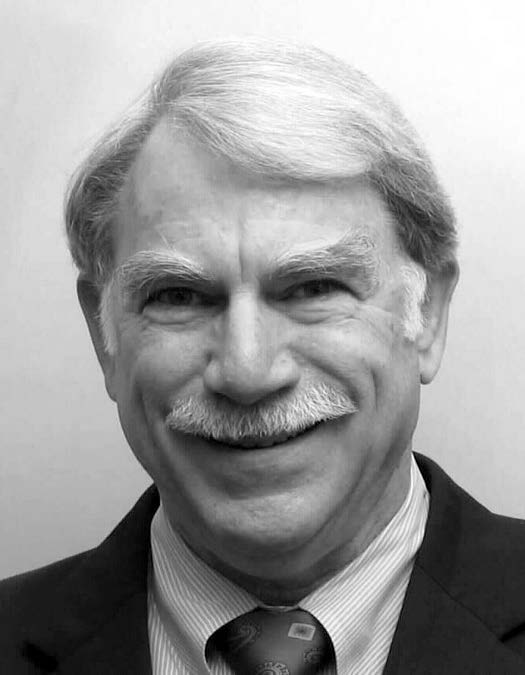 Alan G. Marshall completed his BA degree with Honors in Chemistry in 1965 at Northwestern
Alan G. Marshall completed his BA degree with Honors in Chemistry in 1965 at Northwestern
University and his PhD in Physical Chemistry from Stanford University in 1970, working with John Baldeschwieler on both NMR and ion cyclotron resonance (ICR) projects. He joined the Chemistry faculty at the University of British Columbia (Vancouver, Canada) in 1969. Alan moved to Ohio State University in 1980 as Professor of Chemistry and Biochemistry and Director of the Campus Chemical Instrument Center. In 1993, he moved to Florida State University, where he is Robert O. Lawton Professor of Chemistry & Biochemistry, and Director of the Ion Cyclotron Resonance Program, supported by NSF as a national user facility.
He is best known for his co-invention and continuing leading development of Fourier transform ion cyclotron resonance (FT-ICR) mass spectrometry. His major recognitions include: Fellow of American Physical Society, Fellow of American Association for the Advancement of Science, Fellow of the Society for Applied Spectroscopy; three American Chemical Society national awards (Chemical Instrumentation, Field-Franklin Award, and Analytical Chemistry Award); two Spectroscopy Society of Pittsburgh Awards (Hasler Award and Spectroscopy Award); the American Society for Mass Spectrometry Distinguished Contribution Award; the International Society for Mass Spectrometry Thomson Medal; and the Chemical Pioneer Award from American Institute of Chemists. He has been President of the American Society for Mass Spectrometry, and serves on several editorial boards. He has published three books, three patents, and 450 refereed journal articles, and has presented 1,400 talks/posters at conferences, universities, government labs, and industry. His papers have been cited 15,000 times. His current research spans FT-ICR instrumentation development, fossil fuels and environmental analysis, and mapping the primary and higher-order structures of biological macromolecules and their complexes.